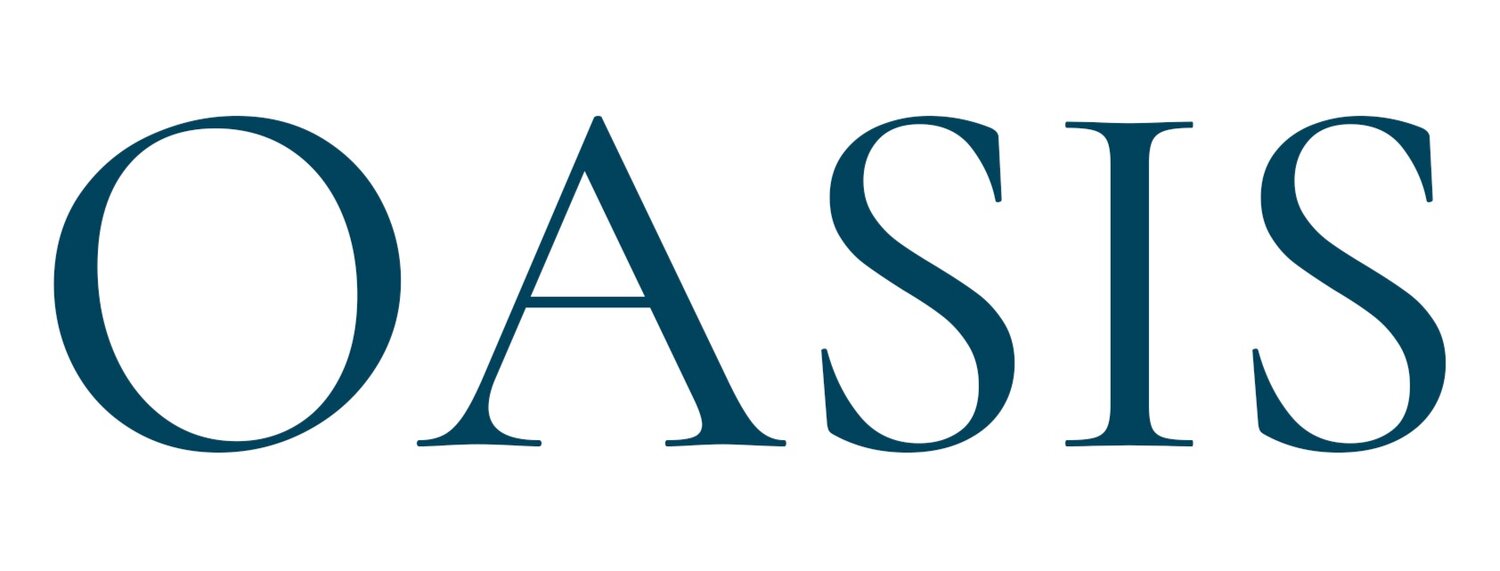Niger: Too Little, Too Late
Niger—with the world’s fastest growing population, its highest total fertility rate (TFR), a small and diminishing amount of arable land, low annual rainfall, a high level of malnutrition, extremely low levels of education, gross gen- der inequities and an uncertain future in the face of climate change—is the most extreme example of a catastrophe that is likely to overtake the Sahel. The policies chosen by Niger’s government and the international community to reduce rapid population growth and the speed with which they are implemented are of the utmost importance. In this comment, we review the problems posed by Niger’s rapid population growth and the policy options proposed to confront it.
Published in: International Perspectives on Sexual and Reproductive Health. Volume 37, Number 3, September 2011.
